Founded in 2020 in Stockholm by Martina Carlson and Pauline Norden, Aárd came about as the result of a wish: to simplify what the two felt were overly-complicated skincare and haircare routines. How? By making products that were easy to use, effective, and multi-purpose. The two founders had long been frustrated by the way the beauty industry demanded a constantly-growing number of products and long, complex routines.
They instead found inspiration in the rituals of Hammam, public bathing houses found across the Middle East; the rituals were thoughtful, but the overall use of products was minimalist. The people of Aleppo, Syria, brought a specific element to Hammam culture: laurel berry soap.
Made with olive oil and lye, laurel soap is believed to be the oldest soap in the world. Traditionally, the soap is poured by hand, cut into cubes, then dried for up to nine months.
Aárd’s soap cubes are made in Turkey by Aleppian soap-makers, keeping this ancient tradition alive.
We spoke with Aárd co-founder Martina Carlson about the brand’s soaps and what it means to work between Sweden and Syria:
Why did you start Aárd and what was the start-up process like?
Years of navigating the beauty industry had left Pauline and I feeling frustrated. We were tired of the 10-step routines constantly being promoted by the industry and the never-ending confusion on what all the ingredients in our products were actually good for. During a gray February afternoon in 2020, Pauline and I once again found ourselves talking about this by now longtime frustration.
Not only did we think that our routines were too complicated, but we were also becoming more aware of the beauty industry’s effect on the environment. So we started to look around for better products to use as part of our routine and also better packaging solutions to house them in.
What we found was more than just products, but rather a way of thinking. We learned about Middle Eastern beauty rituals and products, and had friends from Syria explain the culture.
Before it became globally recognised as a war-torn country, Syria had a historical tradition of tolerance. There’s a lot of emphasis put on pride, honor, respect, and generosity in Syrian culture.
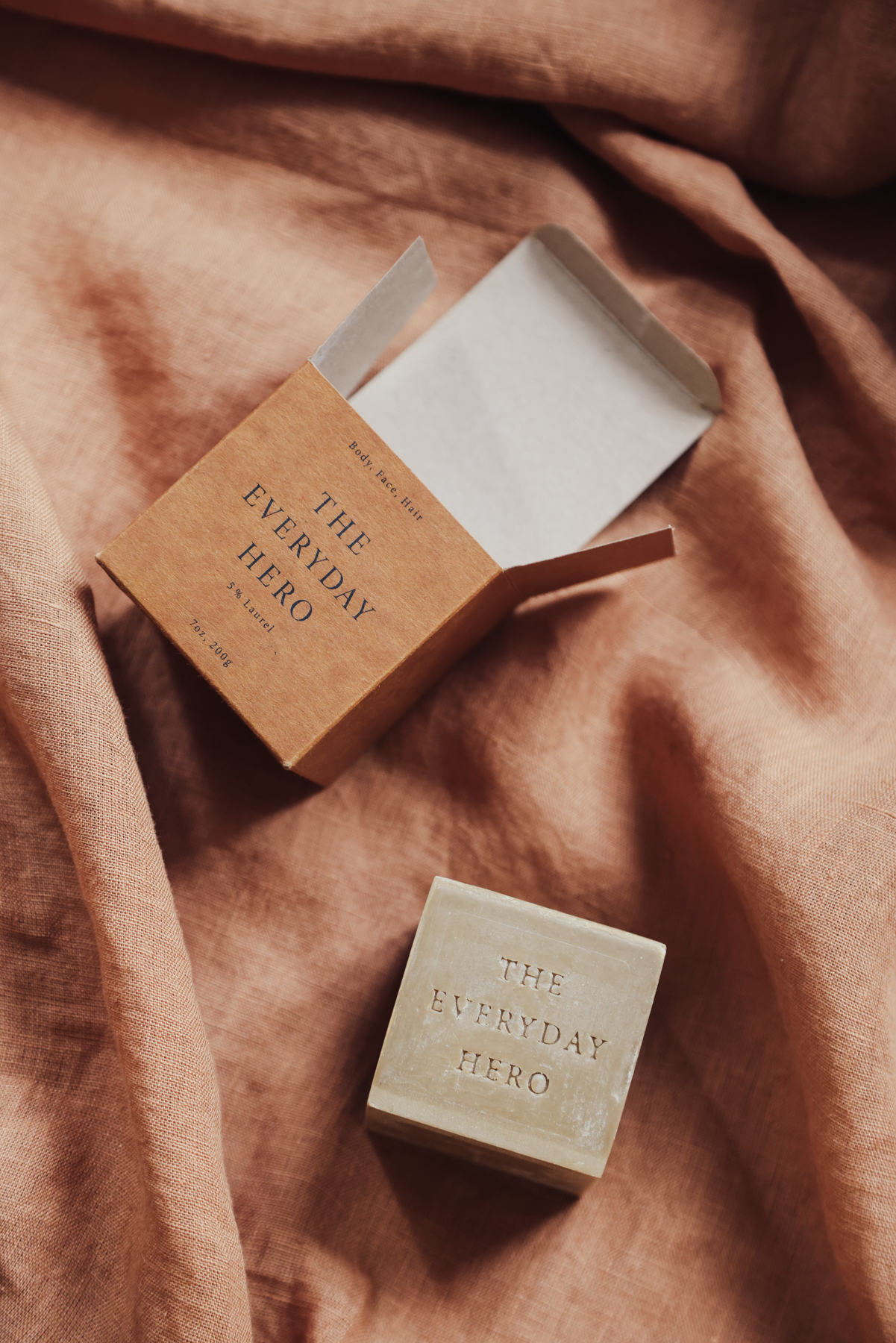 |
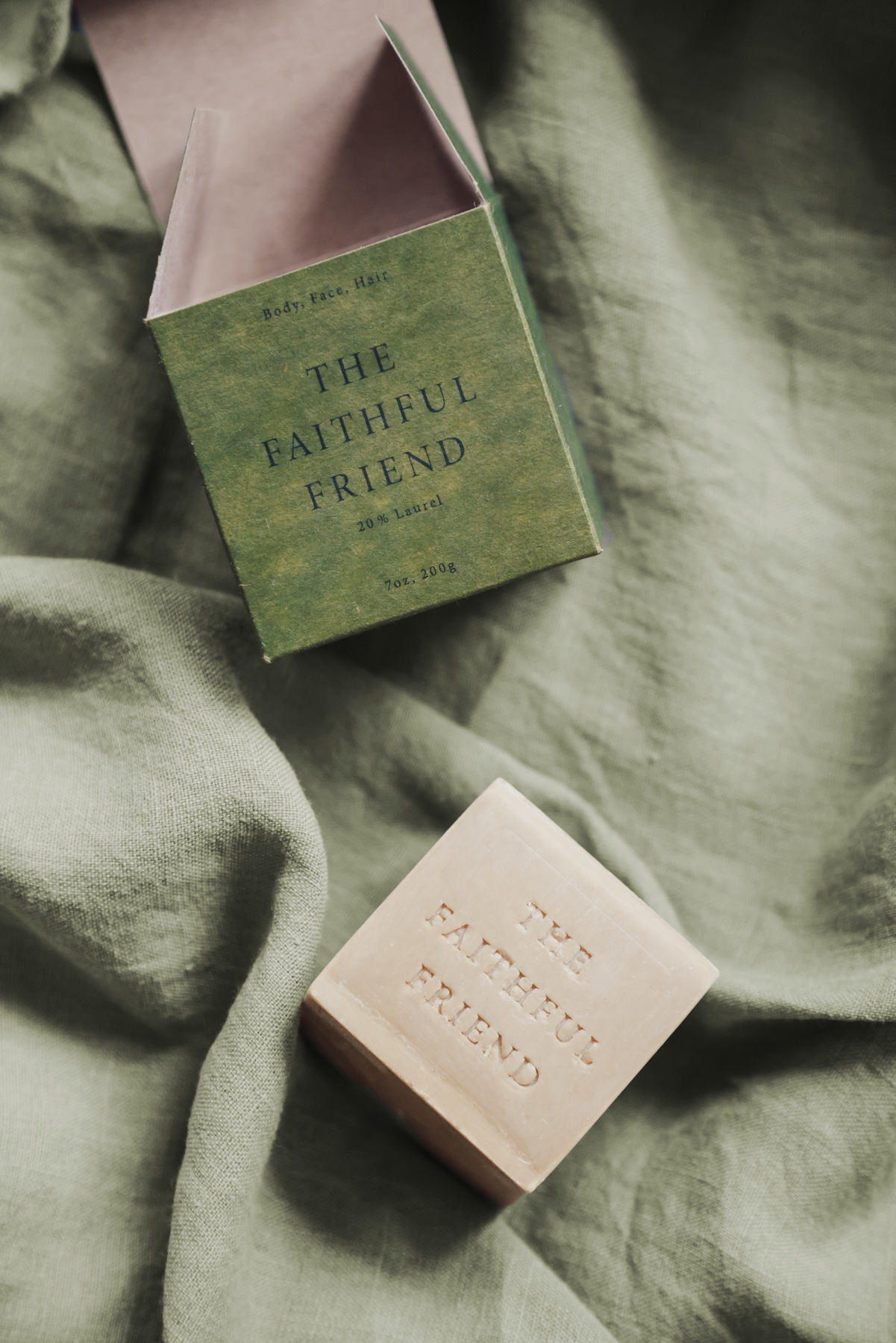 |
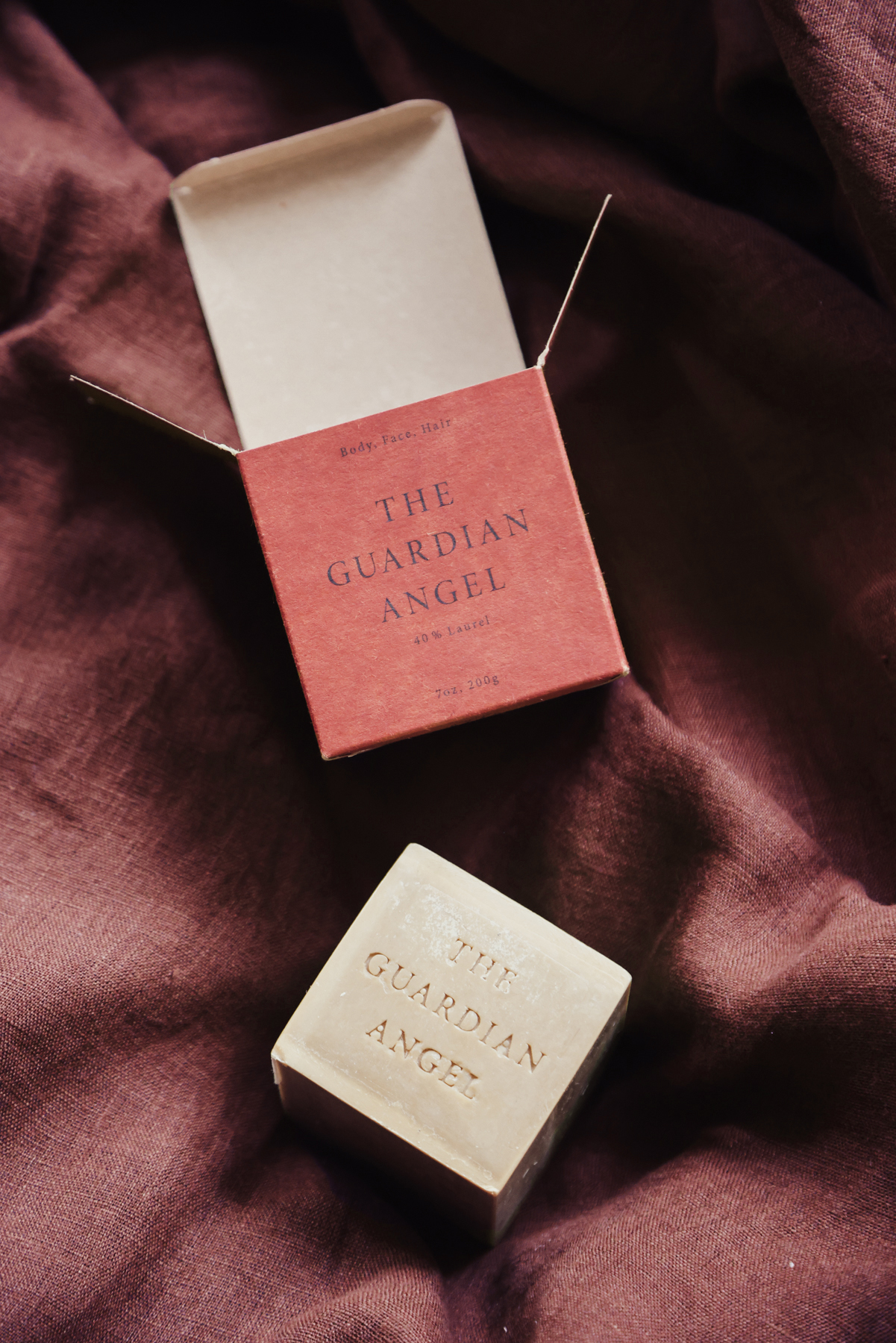 |
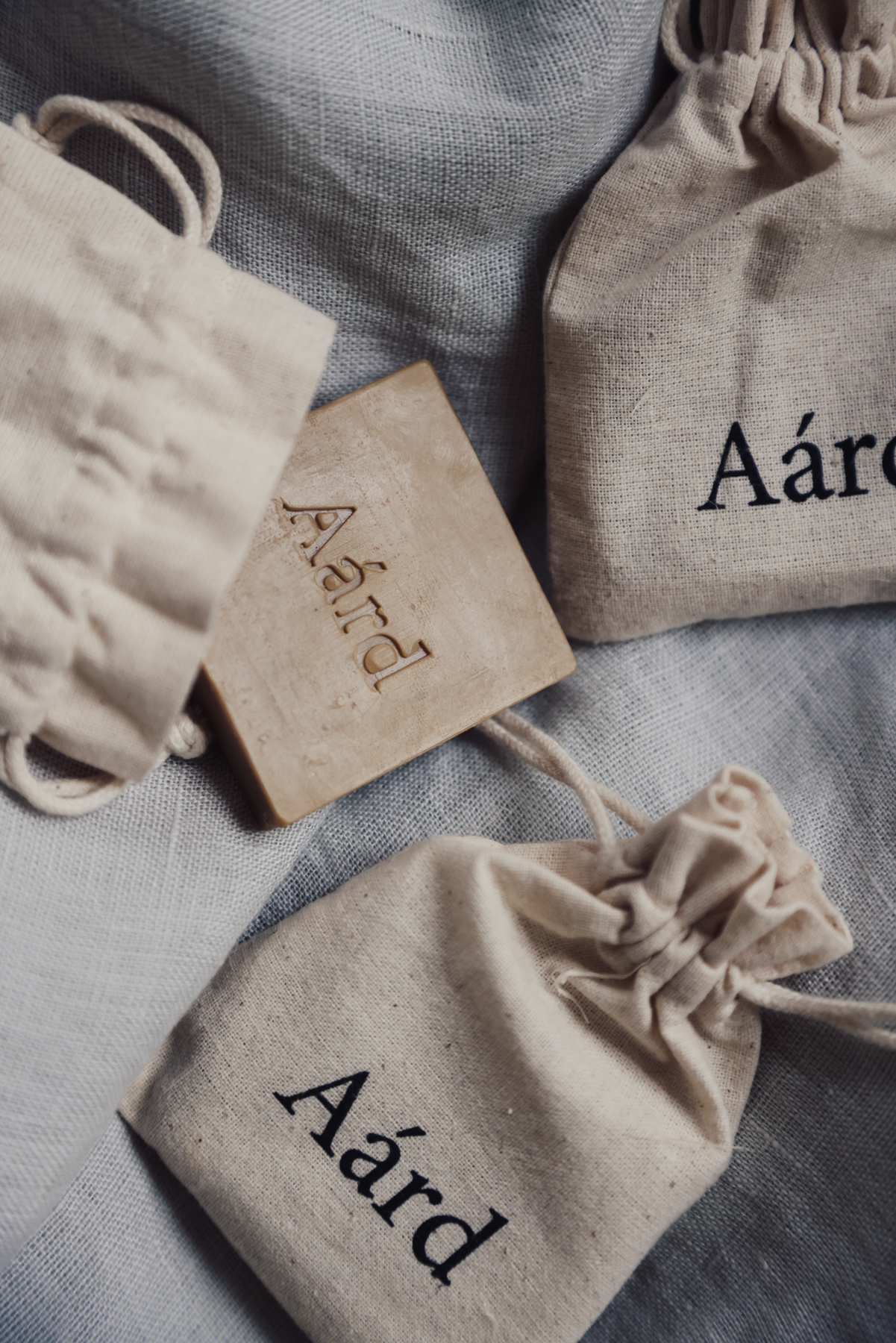 |
It is important to be proud of what you do and to do it to the best of your abilities; to honor what has been, to respect others, yourself, animals, and the earth; to give to others; to not take more than you need.
When faced with a (beauty) problem, many of us often try to solve it by adding more products to our routine. Instead, we want to encourage people to minimise. Remove products in order to get to the root of the problem. To not take more from nature than we need. To look back and learn from history, and to not forget the wisdom that has been passed down from generations to generation.
We partnered up with Fouad, a sixth-generation soap-maker based in Turkey. His family has kept the traditions alive of what is known as Aleppo soap since 1848; a traditional recipe and methods dating back more than 4.000 years.
In May 2020, we launched Aárd. Aárd for us is a multi-use philosophy, kind to both you and the planet. We want to make it possible for people to have an easy beauty routine with fewer products, fewer ingredients, and less harmful waste. Products with a rich heritage and a story to tell.
 |
Tell us about the production process for the soaps
Our soap is a seasonal product – the manufacturing process begins in December and lasts until the end of March, all depending on the quantity of olive oil and laurel berry oil that season.
The production of ten tons of soap (the equivalent to one boiling vat) takes two full working days. Here, the olive oil and the laurel berry oil is mixed with each other, before the lye is gradually added. The lye is needed to solidify the liquid, and thus without it, no solid soap can be created. After this, water is added to the mixture. This last step is repeated several times until all the oils have been correctly mixed.
Last, the mixture is washed with water to make sure that no lye is still present on its surface. The mixture is left untouched for another da, before spreading it on a horizontal surface. Once the mixture has solidified, it is cut into cubes, stamped, and arranged in conical towers to let it dry for six to nine months.
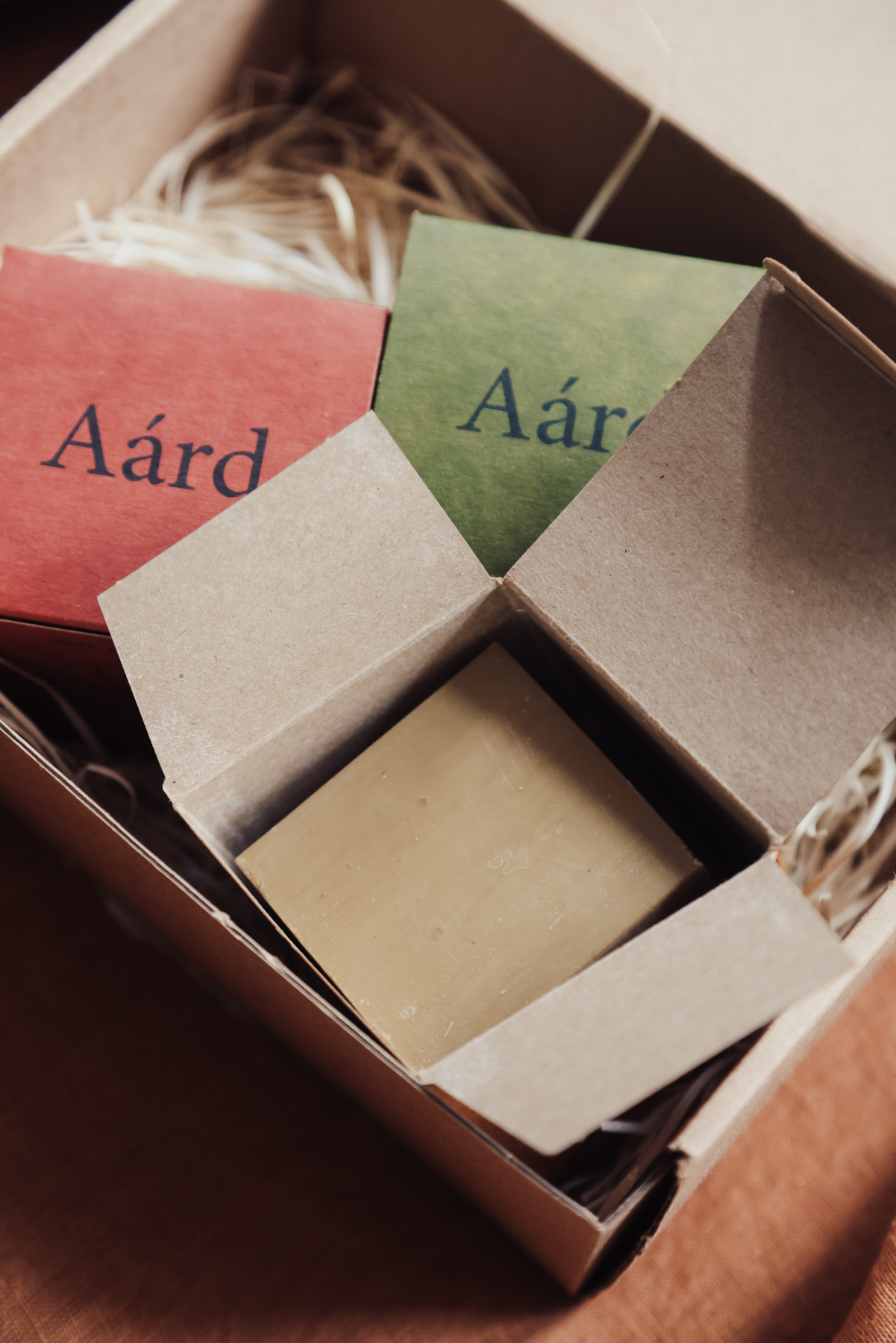 |
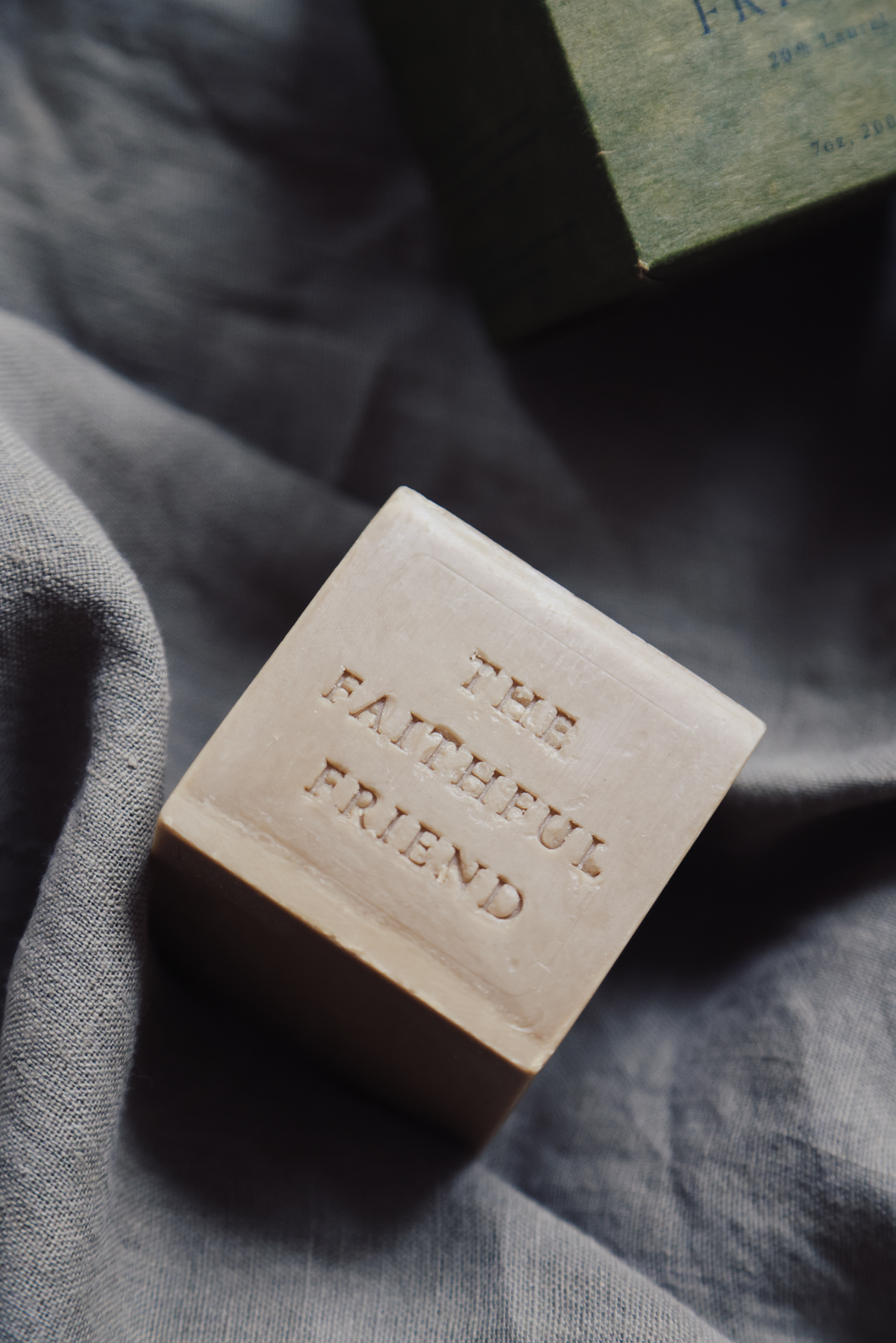 |
What are the soaps made of, and where do you source those ingredients?
Our soap cubes include only two active ingredients; olive oil and laurel berry oil. Olive oil is known to many while laurel berry oil is lesser-known.
Laurel berry oil grows around the Mediterranean and has been used in food, medical treatments, and soaps since time immemorial. It is one of a very few species of plant to have survived the dinosaurs and still be around today.
Both the olive oil and the laurel berry oil in our cubes are sourced from the Antakya region in Turkey, the same place where our cubes are made.
How did you come to learn about laurel berry oil and what are its beneficial properties?
We came in contact with Fouad and, through him, learned about the fantastic properties of the laurel berry oil. We soon started to use the soaps and got to experience the positive effects ourselves. We fell in love with the product from day one. It worked for Pauline’s sensitive skin and eased her eczema.
For myself, I soon experienced that I was able to wash my hair much more seldom than before, and my skin had a much better complexion. A lot of this is thanks to the laurel berry oil in the cubes, giving the soap its natural antibacterial, antiviral, and anti-inflammatory properties. It’s good for sensitive skin.
Olive oil gently nourishes and moisturises the skin and scalp.
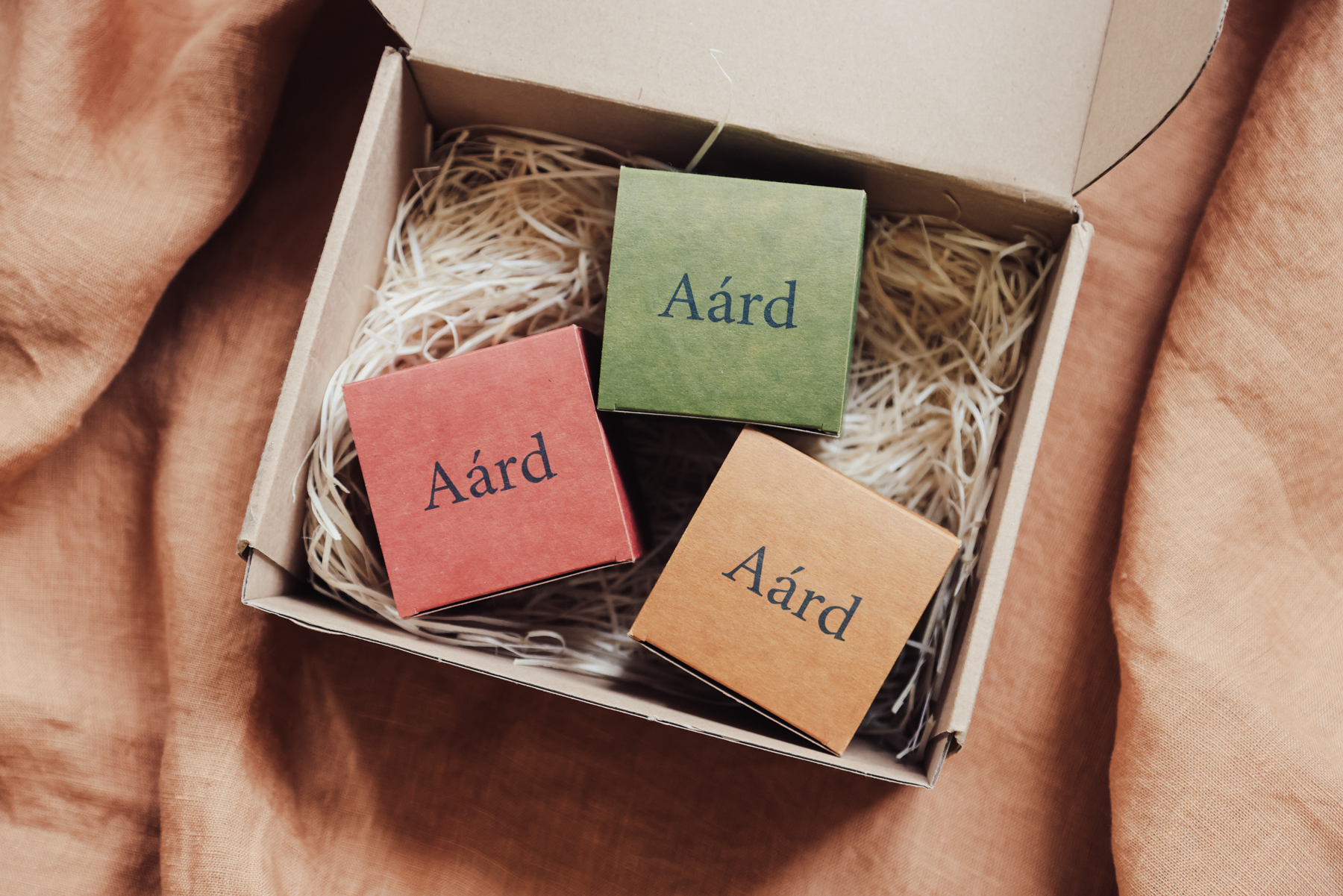 |
Who are your soaps suitable for? What skin types will benefit most from them?
Our soaps come with three different percentages of laurel berry oil: 5%, 20%, and 40%. What cube to choose is determined by what type of skin and scalp you have. The higher percentage of laurel berry oil is more suitable for more sensitive or problematic skin and scalp.
What is your packaging made from? Who designed it?
Both Pauline and I love design. When starting to put together the look and the feel of Aárd, we both had a pretty clear picture of what we wanted the products and packaging to look like.
The first step was to figure out what shape we wanted for the soap. We were both drawn to the cube shape, a shape that in sacred geometry represents earth. Earth is also where our brand name Aárd originates from, the word ardh (أرض) being the Arabic word for it.
We always want to act with the earth in mind and I think that both our name and the cube shape is a good reminder of that. We chose to go with a natural kraft cardstock and an earthy color-scheme to suit our philosophy, letting the kraft cardstock shine through to give it a natural feeling.
What is important for us in the products we offer is to minimise the usage of plastic waste as much as possible, and hence the packaging is made from recycled and recyclable cardstock, as well as sourced from responsibly managed forests and mills.
When exposed to light, air, moisture, and microbes the packaging breaks down to natural elements found in nature.
Shop Aárd soaps.
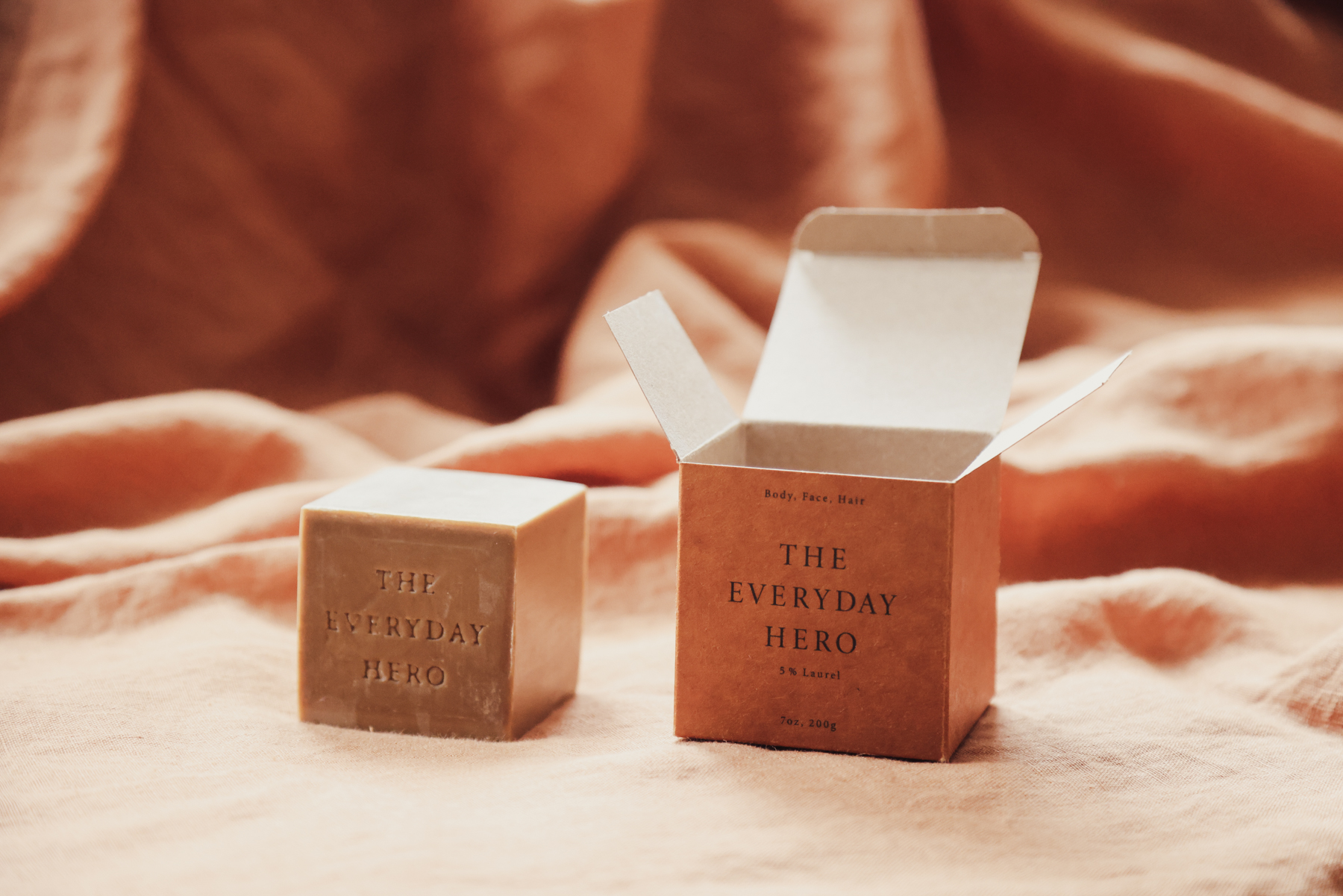 |
See more Minimalist Packaging We Love.

